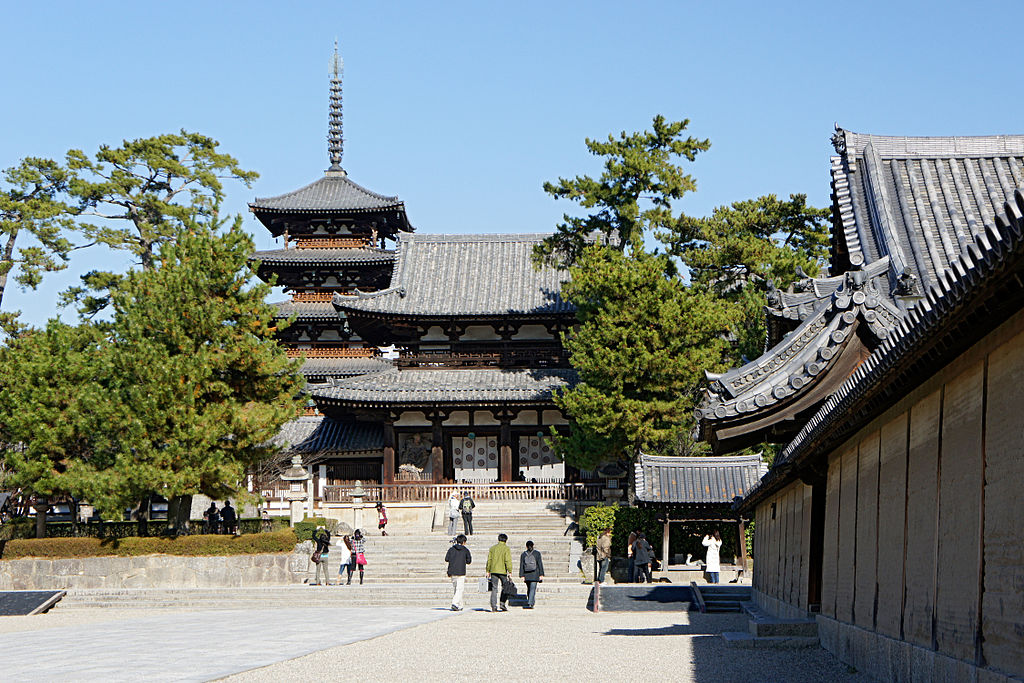Enkai (office parties)¶
Enkais could be considered the best or the worst part of your job, depending, on your disposition and capacity/desire to consume massive amounts of alcohol. Enkai behavior is sometimes surprising and often irresponsible, but never really accounted for. Be careful, however; your behavior is still being monitored, and some things which you might think you can get away with will be remembered–although you yourself are never told. It is a time outside of the workplace when complaints are voiced, opinions heard, and moves made by otherwise shy co-workers. And yet, it is a solidifying process for strong group relationships. Be prepared for a good amount of speech-making, formality, karaoke and drinking. Just remember that enkai are good ways of improving office relationships and getting to know your colleagues in a different setting.
After all of the formal ceremonies and speeches, pour your neighbor their drink of choice and prepare to kanpai (an opening toast–never drink before the kanpai!). Never pour your own drink, as this is the friendly responsibility of those who sit around you. As everyone wants to pour each other drinks, it is usually a very mobile party, so you can avoid people you loathe. If and when someone pours for you, it is polite to accept by first taking a sip of what you have in your glass already and holding your glass out with two hands to receive their offer.
If your glass is empty and you are still thirsty, assume the role of the pourer and the hint will be taken. Remember that greeting and pouring is usually done from a kneeling position at enkais.
Enkais often end early and you may be invited to continue the festivities at a second or even third party at a smaller, more intimate karaoke box or izakaya. This is the time to switch to whisky and let loose, but always be aware that the Japanese, for the most part, do not hold themselves accountable for enkai behavior. Also, work comes very early the next day!
Here are a few more enkai tips:¶
-You will rarely speak to some teachers in the office. Choose your words wisely, despite your alcohol intake. As stated, enkais may seem like easy-going affairs and for the most part they are, but your behavior is still being monitored. -If people ask you rude or sexual questions or ask you to comment about other people in an odd way, try to deflect the question or ask the question to the asker. This will show the asker how inappropriate his or her question is. But try to smile and change the subject if the behavior is not too obnoxious to do so–everyone is just trying to have fun, and you’ll look better if you change the subject than if you fly into a rage. -If you feel things have gone too far and you feel threatened or harassed, do not hesitate to leave. You can explain your exit later and there’s no reason for you to put up with being humiliated. -Wait to be told where to sit before you sit down, and never sit at the head table. -Keep alcohol consumption at the first party to a minimum if possible, unless you have a very high tolerance. There may be a second or third party after the first, and it would be best to keep alert.
If you are fond of alcohol, enkai are the perfect vehicle for furthering the cause of “internationalization” (just ask Mike D!). If you don’t especially like alcohol, or have some religious reason not to drink, here are a few tips:
If you take the course of moderation or not drinking at all, the most important thing is to make it clear to everyone involved that your refusal to drink is not a reflection on them. A religious prohibition or medical reason is a good excuse. Generally, Japanese are more understanding of (foreigners’) religious reasons for not drinking than many Westerners, and many will respect you for it. Make sure you keep an eye on others’ glasses and be careful to keep them full, and this will ease matters.
Once you have made a stand, one way or the other, word will spread, and people will start ordering juice or oolong tea for you, and even defending your stand when others challenge it. Another implication is that once you have a reputation (either way), it is difficult to change.
